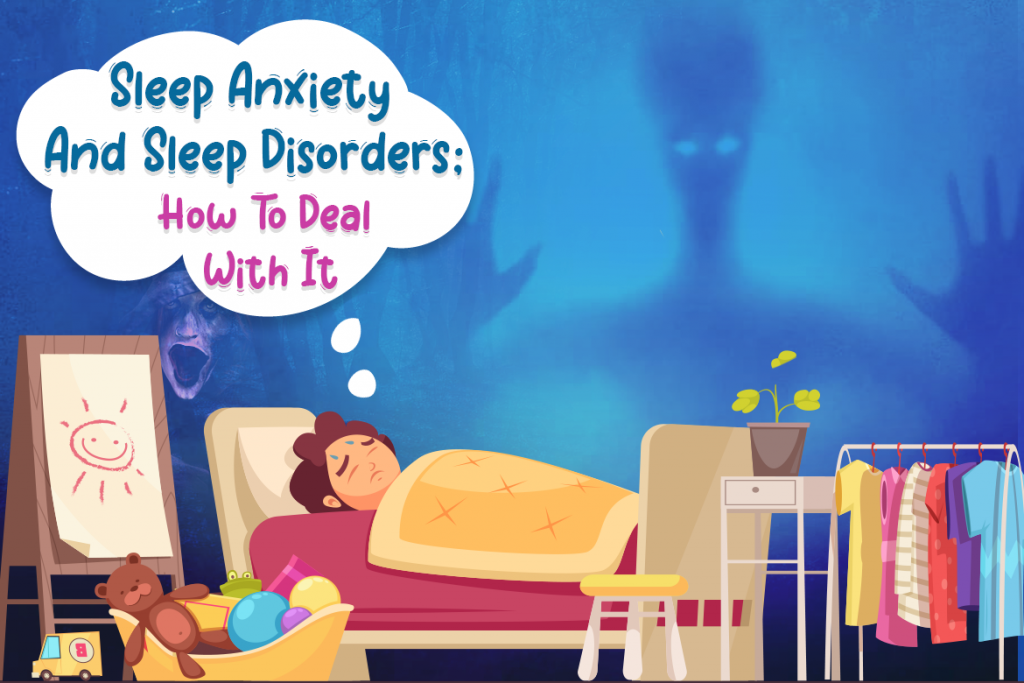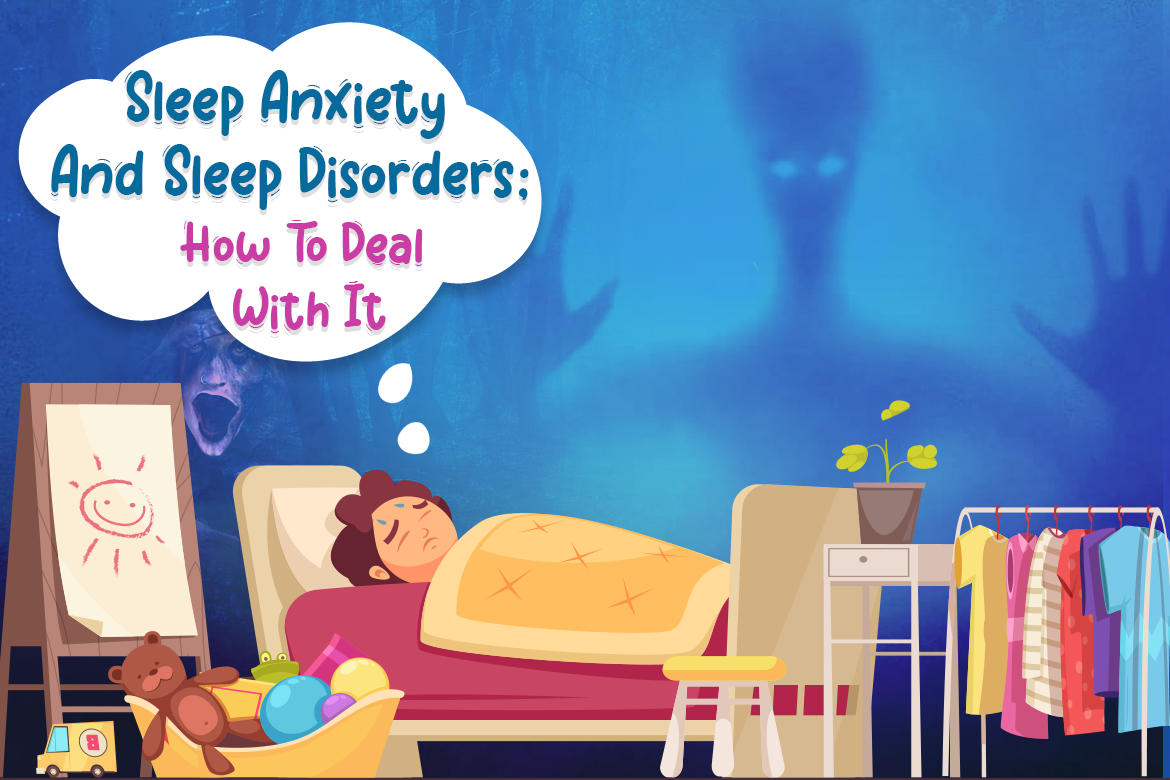
Even though sleep is a part of one’s life activities, it is often disturbed due to various health issues such as anxiety, stress, tension, insomnia, etc. Even dreams can cause sleep disorders; There are five stages of sleep: the first two stages of sleep occur when you have started to sleep, called light sleep, and gradually you drift into the third and fourth stages of sleep, called deeper sleep. Every one and a half hours of sleep (approximately after 90 minutes in your sleep), you drift into the fifth stage of sleep called rapid eye movement sleep (REM). Good or bad dreams at night occur during the non-REM phase of sleep, but the worst nightmares happen during the REM phase.
Why do People often Dream?
This question puzzles everyone, including medical sleep analysts and sleep researchers. No one has found the answer to dreams, and people often dream about what is unrelated to their life. Some scriptures say that, for example, if you see a mountain and gold biscuit during the daytime, you may see a golden mountain in your dream- that you probably dream based on the relative things we see. The horror or scary dreams may occur due to the incidents that happened in the previous births and have traces still in the memory. Some incidents like future predictions or Deja vu make us give importance to what we dream. Even in our scriptures, you can see many incidents in dreams had foretold the future happenings. Modern-day researchers conclude that sleep relates to the subconscious mind, unfulfilled desires, thoughts, and inspirations.
Quality of Dreams
Sleep terrors: Some people dream about horrible dreams during the non-REM phase of sleep, called sleep terrors. It is difficult for you to wake the person undergoing night terrors, and even if awakened, they couldn’t figure out where they are for at least 10 to 15 minutes, and they would be slightly disoriented and unable to recall the dream.
Nightmares: It is also known as parasomnia. People having nightmares could recall the dreams they saw and would be emotionally disturbed. They would be completely awake and undergo the same emotions repeatedly for some time.
Why Do Nightmares Occur?
There is no exact explanation for the nightmare, and the factors causing the worst nightmares are still unknown. Medical researchers have jotted down the list of the elements as the causes of nightmares.
- Post-traumatic stress disorder, commonly known as PTSD, is the leading cause of nightmares. People with PTSD have flashbacks of the worst incidents, causing them to be emotionally disturbed, wetting the bed, perspiring, etc.
- Sleep apnea (breathing interruptions during sleep), Narcolepsy (nervous disorder), hallucinations, sleep paralysis, and drowsiness may cause nightmares.
- Some medications, including amphetamines, beta-blockers, hypnotic drugs, blood -pressure medicines, and sedative drugs, can be the reason for nightmares.
- Caffeine and alcohol consumption before bed can invoke nightmares. Sometimes, abruptly stopping these habits also causes nightmares.
- Mental depression, overstressed, anxiety and tension may also cause nightmares.
But irrespective of the reasons cited above, the person would experience one of these emotions given below after he wakes up. The person may be anxious, guilty, upset, unhappy, or angry about the incident, and it is difficult for him to catch up with sleep again.
If the nightmares occur once in a blue moon it is normal but when it becomes a habit or frequently having nightmares is the cause for concern. You have to consult a physician if the nightmares:
- Occurs twice or more in a week
- Disturbs your daily routine, moods, and sleep or
- You started getting nightmares due to some medicines.
Before consulting the doctors, inculcate these sleeping habits that help you stop having nightmares and get a good night’s rest.
- Regular sleeping time: Make it a habit to sleep at a particular time and strictly adhere to the sleeping time every day. No matter what happens, it will become a habit and gradually drift into sleep if you maintain the same time to go to bed.
- Switch off electronic gadgets: Looking into a mobile, laptop, or iPad will trigger your brain activity, and your mind and consciousness will be fully awake, making it difficult for you to sleep. You will be obsessed with the habit of watching electronic gadgets; therefore, switch off all the electronic devices before going to bed.
- No caffeine or alcohol: Drinking coffee or alcohol consumption will negatively affect you and make sleeping difficult. So avoiding these habits will fetch you a good night’s rest.
- Change the environment: You can change the lifestyle of your bedroom. Decorate your bedroom with your favorite home decor items and the things you like. It will create a homely atmosphere and the interest to sleep in your bed. Change the bedspreads often to give your bed a new fresh look.
There are moments when you can’t sleep after the worst nightmare. You write down what you saw in your dreams, or you can discuss your nightmare dreams with a cheerful mentality friend or seek a specialist. Make sure you recite your favorite happy song or prayers before sleep. In this way, you can stop nightmares that are disturbing your sleep.


This is a valuable resource for anyone interested in this subject. click here to learn more.
I advised 2 people for using this product